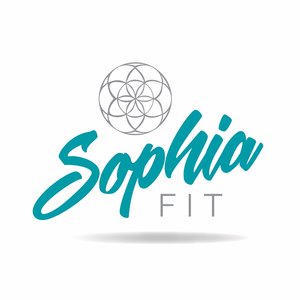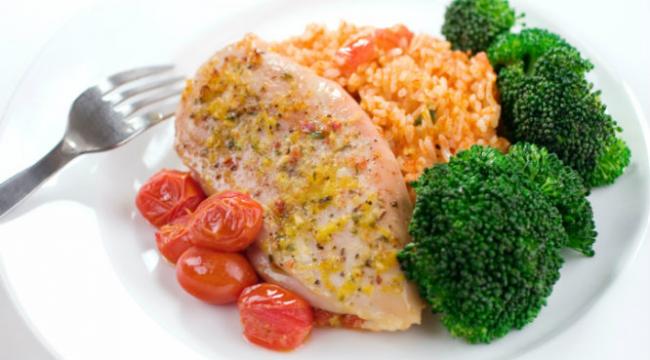Vegetables provide nutrients vital for health and maintenance of your body! The list of benefits Veggies provide is ongoing but below are a few of the important ones!
• Can help you lose weight
• Are high in important nutrients including potassium, folate, vitamin A, vitamin C and the list goes on…
• Can reduce your risk of certain cancers, chronic diseases (such as diabetes) etc.
• Help to keep you immune system strong, heart & skin healthy
•Keep your gut, digestion and brain healthy
HOW MUCH?
Adults need to be eating a minimum of 5 serves of veggies! For kids 4 - 7 years they need at least 4 serves and 8 -18 years at least 5 serves of vegetables.
WHAT IS A SERVE?
A serve of vegetables or legumes (yes legumes such as lentils & beans count as veggies!!)
1 serve =
1/2 cup of cooked veggies
1/2 cup of dried beans, peas or lentils
1 cup of salad veggies
If you are struggle to include your 5 serves of veggies into your diet, My Nutrition E Book & 7 Meal Plan E Book are jam packed with veggie inspired recipes! And you can still receive 30% OFF my 7 Day Meal Plan Ebook! You can add your details here or shoot me a message for the discount code!







